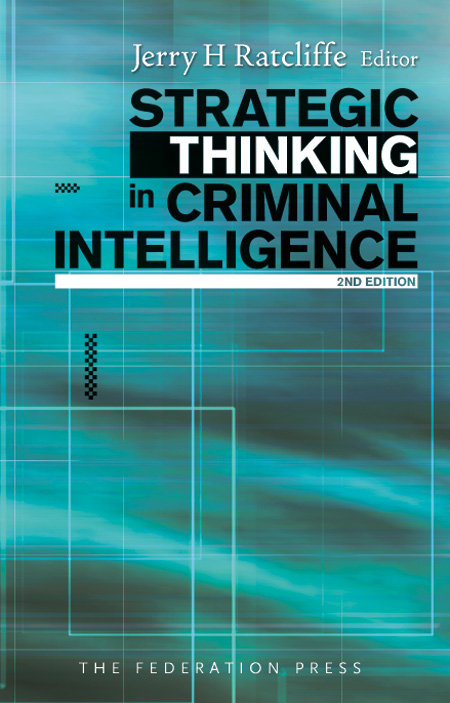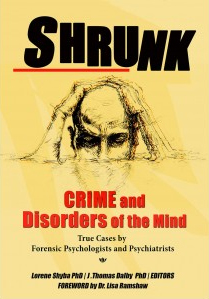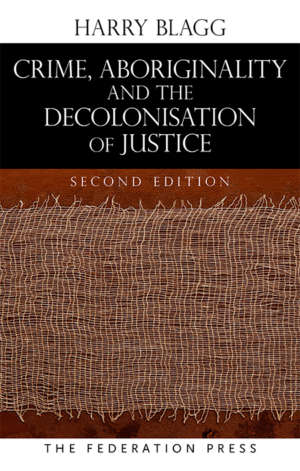Product Description
This new edition of the best selling Strategic Thinking in Criminal Intelligence is designed to complement the drive for more strategic planning in law enforcement crime prevention and detection.
The criminal environment is one of rapid and significant change and to be effective, law enforcement is now required to make long-term predictions, anticipate broadly, and think strategically beyond tactical investigations and operational outcomes.
Expanded by three chapters, this new edition emphasises intelligence products, risk and threat assessments, and the unfolding complications of intelligence sharing. Expert authors drawn from intelligence agencies around the world provide a unique insight into the philosophy and practice of leading strategic criminal intelligence specialists
It is a vital resource for intelligence practitioners, crime analysts, law enforcement managers and advanced students of policing.







